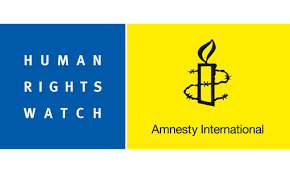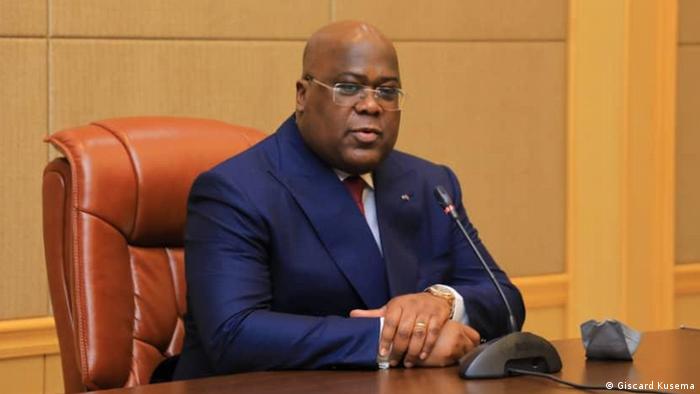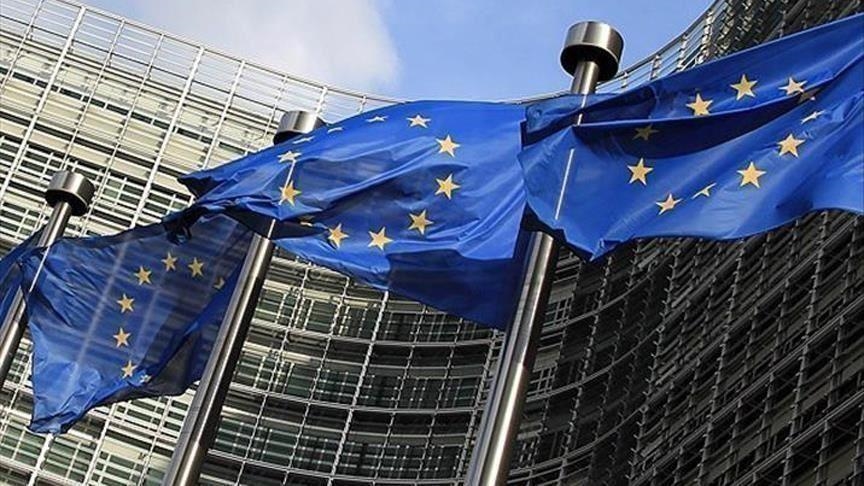Several international human rights watchdogs have lately come under virulent criticism from various sides because of their biased and controversial reports. Like Human Rights Watch, whose broad, sweeping reports conveniently omit or forget about the other side of the ledger, Amnesty International is currently under heavy criticism for a controversial report it published Friday on the situation in Ukraine.
In the provocative report, AI blames Ukrainian forces for endangering the lives of civilians, by installing military infrastructure in populated areas as they repelled the Russian armed forces.
The report provoked the anger of kyiv and led to the resignation of the head of the NGO in Ukraine, Oksana Pokaltchouk.
The report, described as a blunder even by AI members, triggered the indignation of Ukrainian president Volodymyr Zelensky, who accused the NGO of “attempting to whitewash” what he called the “terrorist Russian state” by putting “the victim and the aggressor in a certain way on an equal footing”.
For Oksana Pokaltchouk, “the organization published a report which inadvertently supports the Russian version. Initially meant to protect civilians, this report has become a tool of Russian propaganda”, deplores the head of AI in Ukraine who announced her resignation this Saturday, August 6.
Likewise, late last month, Human Rights Watch has once again derailed from its watchdog mission issuing a politically-motivated heinous report on the state of human rights in Morocco in which allegations are taken as facts!
In a 129-page report that is more of a diatribe than an objective compilation, HRW rehashed one-sided stories and statements from a group of self-proclaimed activists who have been using human rights to serve an anti-Moroccan agenda.
Many analysts criticized this diatribe/report as it says much about the political intentions of HRW, and how the NGO has betrayed its ideals of objectivity in treating human rights issue.



